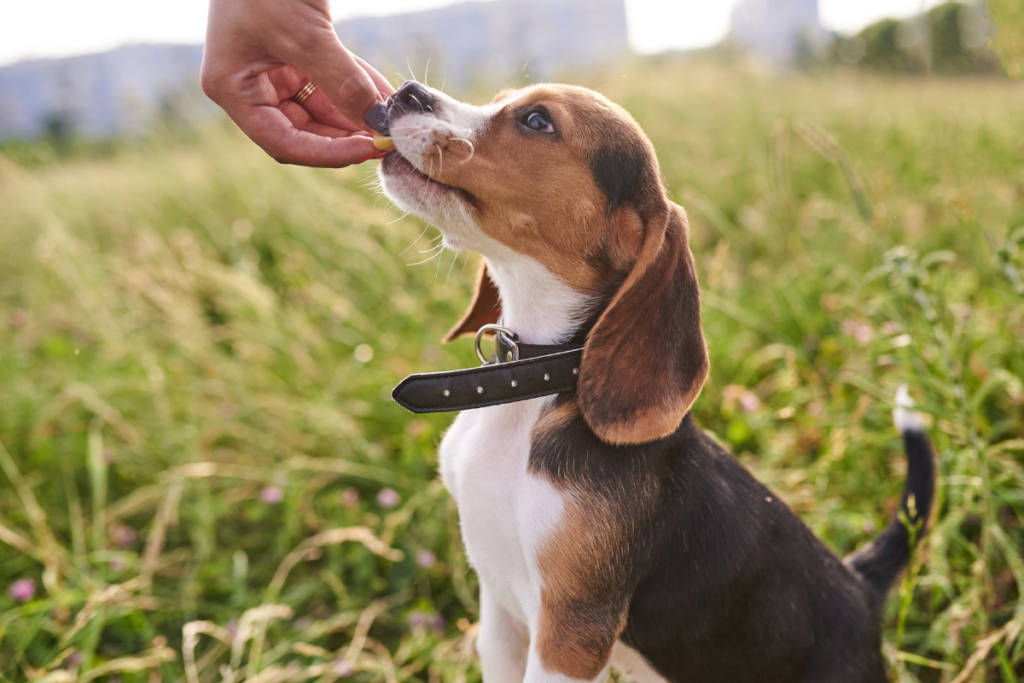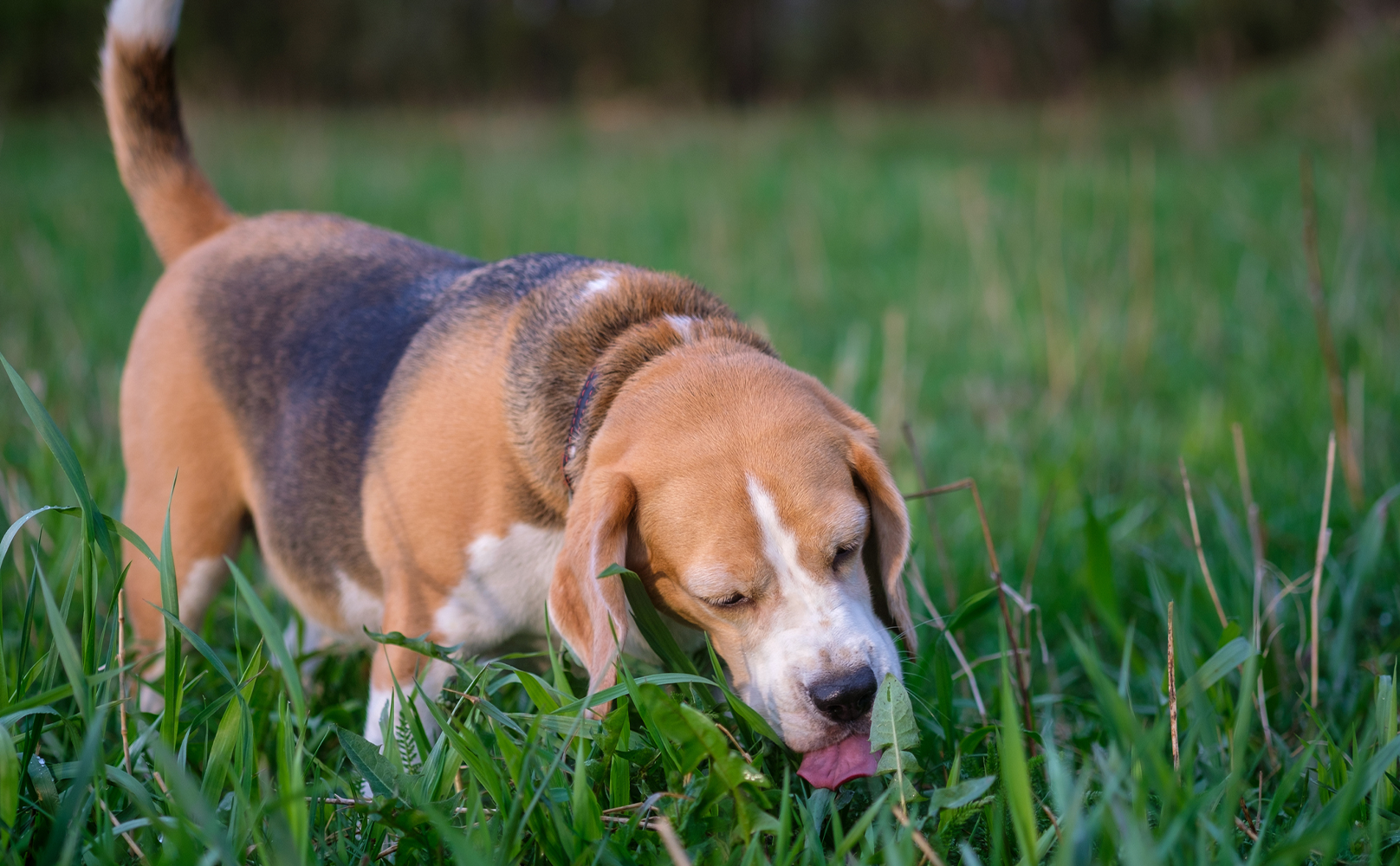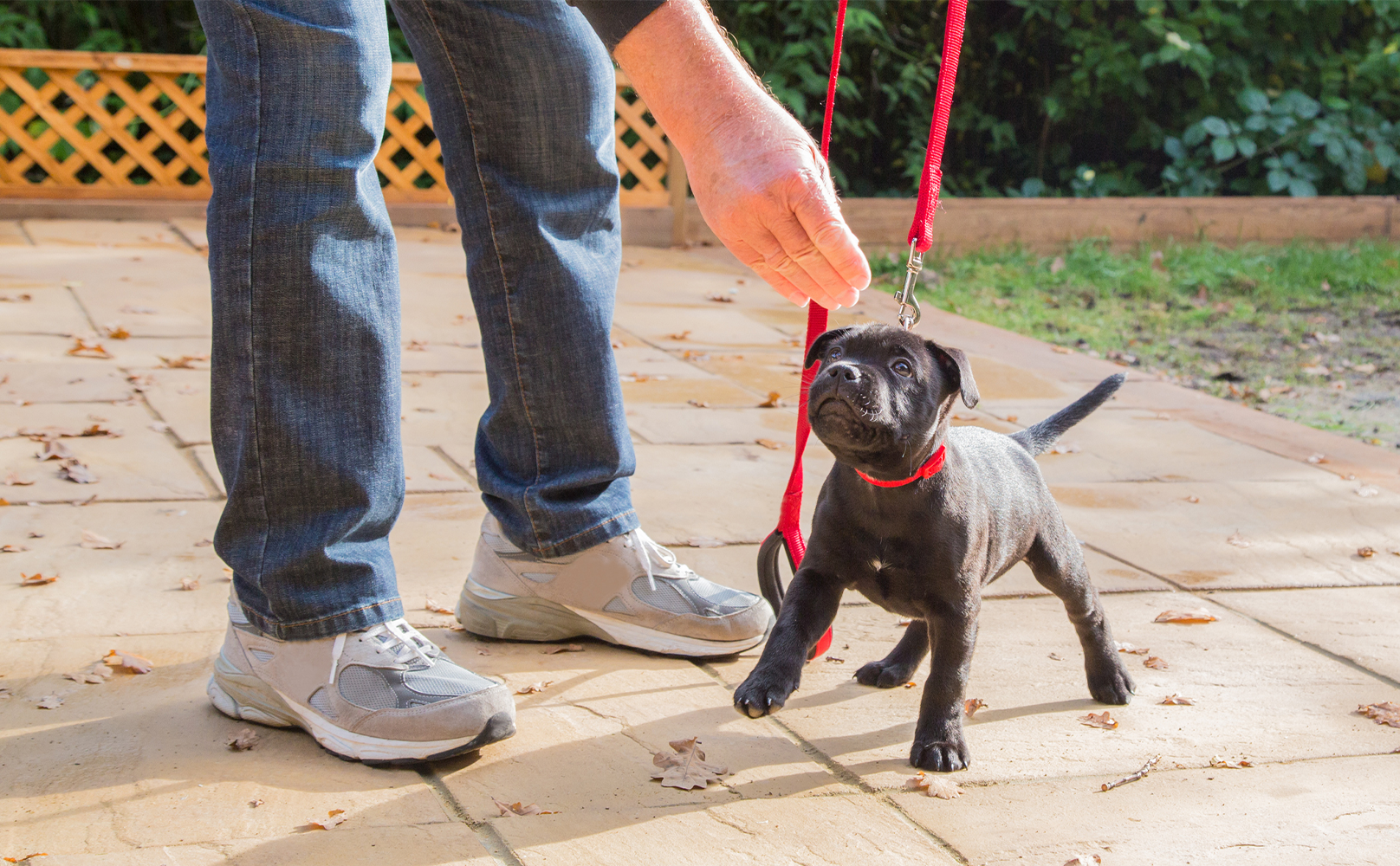When you get a puppy, you want to shower them with love, affection, and rewards. Whether you’re a first-time dog owner or you have some experience under your belt, you know you’re gonna need a hefty supply of treats on hand.
So what dog treats are the best for your growing pup? Are store-bought dog treats safe for a puppy? Does it matter if treats are soft or crunchy? Are there specific treats for puppies? Let’s dig in to the details and find the best treats for puppies!
Are Dog Treats Good For Puppies?
Before we jump into which dog treats are safe for puppies, we need to know if it’s even a good idea to be using treats as rewards for puppies in the first place. The simple answer to that is yes, treats can be good for your puppy, and they’re your strongest tool for training your pup to grow into a well-behaved, well-adjusted dog—as long as you use them correctly. Time to stock up on those puppy training treats!


How Should You Use Treats With Puppies?
Even though you might be tempted to give your new puppy a delicious treat every five minutes (and with an adorable face like that, who could blame you?), it’s important to fight the urge to toss out treats just for being cute.
Remember that treats may contain artificial flavors or lack natural ingredients, and they’re adding calories to your pup’s overall diet, so you’ll want to be careful about abusing the treat powers! A chonky, overweight puppy is going to end up with health issues later in life1.
Only Use Treats For Training
As hard as it might be with those puppy eyes, try your best to use treats only as a training tool for good behavior. Of course, we’re all probably going to cheat on occasion and slip them a treat when their cuteness is overwhelming, but make sure to keep it to a minimum.
The World Small Animal Veterinary Association suggests that treats not exceed over 10% of your pup’s daily calorie intake2. Giving them no more than one small treat per command will help keep their calories in check. Soon, your pup could have a catalog of tricks thanks to that tasty treat!


Break Treats Into Smaller Pieces
You’ll also want to use small, pea-sized training treats, or break larger treats into tinier pieces (shhh, don’t tell your pup you’re cheating!). Small treats will be easier for them to chew, as well as limit you from tossing too many calories into their bellies.
In a nutshell, dog treats can be great for your puppy when you use them with intention, primarily as training treats, and when you give them the right kind of treats. But what are the right kind of dog treats for puppies?
What Treats for Puppies are Puppy Training Treats?
When puppy training begins around 8 weeks old, training treats are a great way to help your pup learn. We consider these high-value treats that be more enticing than using your traditional dog food as a reward. Most of these puppy treats for training are really small, soft treats that have a great mix of nutrients like protein, fatty acids, and fiber to help ensure growth with the proper nutrition your pup needs, in the right ratio to avoid tummy issues.
Some companies make specific treats for puppies that are known as training rewards, as some include DHA to support cognitive development. Some will include natural ingredients such as chicken, salmon, peanut butter, or pumpkin to get them the nutrients they need.
What Dog Treats Are Safe For Puppies?
Finding a safe and healthy treat for your puppy is essential to the start off your journey as a dog owner. You wouldn’t give an infant a potato chip, would you? Of course not. Both babies and puppies need time to get acquainted with the wide world of food and treats.
Likewise, the best treats for your 10-year-old dog are not necessarily the same treats you want to give your 10-week-old puppy. Certain dog treats can pose a safety hazard for puppies or smaller dogs. Not only do puppies need smaller sized treats for their li’l mouths, but since puppies’ teeth aren’t fully developed, they’re at greater risk for breakage.
Dog treats that are too hard can cause serious damage to your pup’s chompers, so it’s best to stick to soft treats that your pup can handle. This also means avoiding giving your pup hard dental chew treats until their teeth develop.


Soft-Baked Treats
Soft treats are always a great choice for puppies because—you guessed it—they’re nice and soft. These treats are easy on your dog’s teeth—and a lot safer for them to eat than harder treats.
Dog-Friendly Human Foods
If store-bought treats aren’t really your thing, you can always try out different dog-friendly human foods in small portions. Healthy puppy treats include veggies like carrots and green beans. These are great, low-calorie options, or if you need occasional high-value treats, you can try small pieces of cheese or a small lick of peanut butter (make sure it’s xylitol-free!).
Homemade Dog Treats
You can use homemade healthy dog treats for your pup (and as a puppy training treat)! There are a lot of recipes online including these no bake dog treat recipes. You can also come up with your own healthy puppy treats using natural ingredients with these healthy human foods for dogs.
What Dog Treats Should I Avoid Giving My Puppy?
Besides avoiding the obviously ginormous treats that barely fit in your pup’s mouth, there are some other factors you should consider when deciding on puppy treats.
Related Article: Which Dog Treats Are Safe?
Freeze-Dried Treats
Although freeze-dried treats are a great option for adult dogs, these are still basically raw foods with the moisture taken out. Raw foods can be a risk to a small pup whose immune system hasn’t built up yet, so it’s best to wait until they’re a little older3.
Jerky Treats
Certain jerky treats and dried sweet potato treats have been linked to kidney disease in recent years, and are discouraged by the WSAVA2. Until more research is done, it’s probably best to keep these on the shelf.
Sources
1 Coy, Anthony E., et al. “Why Can’t I Resist Those ‘Puppy Dog’ (or ‘Kitty Cat’) Eyes? A Study of Owner Attachment and Factors Associated with Pet Obesity.” MDPI, Multidisciplinary Digital Publishing Institute, 19 Feb. 2021, https://www.mdpi.com/2076-2615/11/2/539.
2 “Frequently Asked Questions & Myths – WSAVA.” World Small Animal Veterinary Association , Jan. 2018, https://wsava.org/wp-content/uploads/2020/01/Frequently-Asked-Questions-and-Myths.pdf.
3 Zazie, Todd. “The Best Dog Training Treats.” Companion Animal Psychology, 15 Apr. 2021, https://www.companionanimalpsychology.com/2018/06/the-best-dog-training-treats.html.







